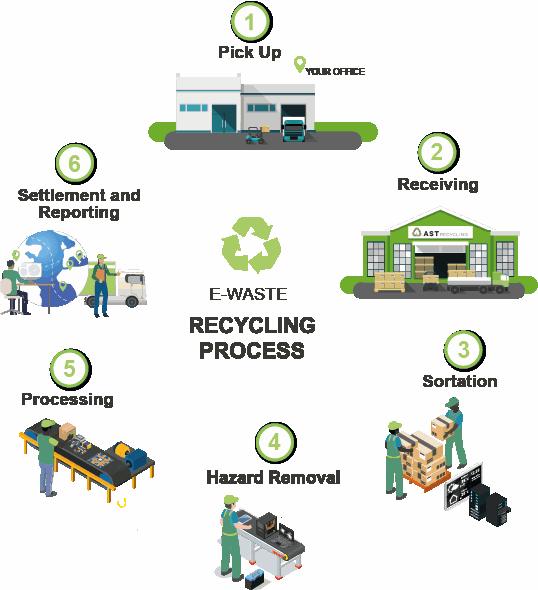N
T G H N E I W
H E EL S
T UR
RECYCLING
on waste Mpact Plastics is leading the way in developing a circular economy within the manufacturing industr y in South Africa – through implementing sustainable products and manufacturing processes.
D
uring 2019, Mpact Plastics designed a recyclable plastic wheel for municipal wheelie bins, meaning that the traditional rubber wheel was replaced with a new and improved 100% recyclable wheel. The project commenced with commercial production in 2020. This new development forms par t of Mpact Plastic Containers’ diversion of an estimated 24 000 tonnes of plastic from going to landfill over the past five years, by conver ting waste into new or reusable products.
22
M AY 2 0 2 2
|
ReSource
The recyclable wheelie bin project emerged from the global concept of having a circular approach to products, components and materials in the economy. The circular economy concept promotes the use of recycled materials to manufacture new products. “Rubber from the old endof-life rubber wheels went to our already over flowing landfill sites. Millions of end-oflife tyres are currently either being disposed of or illegally dumped, with only small amounts being recycled. It was therefore impor tant to create an alternative to the rubber wheel to overcome this challenge,” says Lance Kallis, environmental manager of Mpact Plastic Containers (MPC).
Towards circularity A circular economy is an industrial system that is restorative by intention and design. It is a model of production and consumption, which involves the sharing, leasing, reusing, repairing, refurbishing and recycling of existing materials and products for as long as possible. In this way, the life cycle of products is extended.
This signals a departure from the traditional, linear economic model, which is based on a take-make-consume-discard pattern and relies on large quantities of cheap, easily accessible materials and energy. Evidence has shown this model to be unsustainable. For Mpact’s products and manufacturing processes, this means that what cannot be reused should be collected, recycled and made into new products. This is not only good business, but benefits the environment, communities and the economy.
History of sustainability MPC forms part of Mpact Operations and is the leading supplier of plastic containers in the Southern African market. MPC also supplies a range of industries across Europe and the African continent. The company’s primary competency is the manufacturing of wheelie bins, including municipal bins, jumbo bulk bins for the agricultural industr y, agricultural crates, composters, and various containers and crates for the materials handling sector. MPC offers a fresh, modern approach to plastic packaging, moving away from outdated, single-trip disposable packaging and is instead developing an array of reusable containers that constitute the largest range of





















